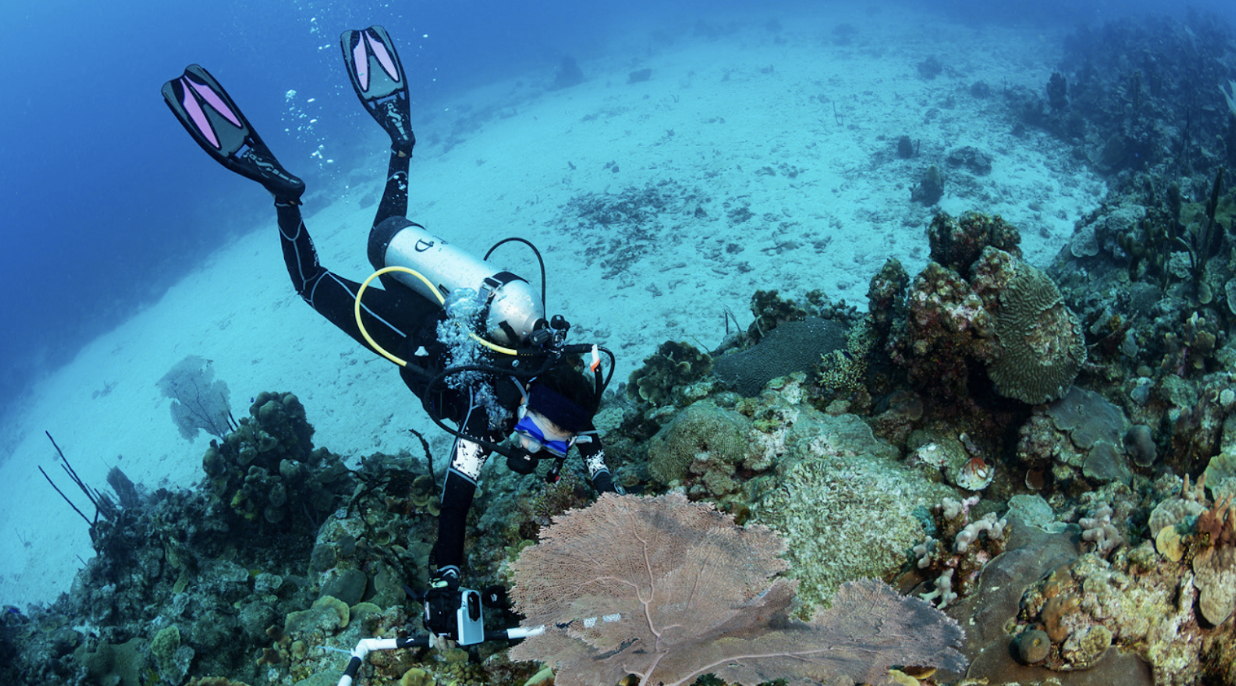
UMaine MARINE: Pioneering Marine Research for Maine and Beyond
Created with the fundamental goal of making Maine a global leader as a marine state, UMaine MARINE supports the enhancement of the social, environmental, and economic well-being of Maine and beyond, encompassing research, products, education, industry, workforce development, and climate preparedness related to the marine realm. The organization operates nationally and internationally recognized programs, world-class research, and cutting-edge facilities, focusing primarily on transdisciplinary marine research, education, and strategic partnerships.
UMaine MARINE (Marine Aligned Research, Innovation, and Nationally-recognized Education) is an umbrella initiative that currently includes eight participating university-wide units: Aquaculture Research Institute, UMaine Center for Cooperative Aquaculture Research (CCAR), UMaine Cooperative Extension, Darling Marine Center, Lobster Institute, Maine Sea Grant, UMaine’s School of Marine Sciences, and The University of Maine at Machias (UMaine Machias). A long-term goal of the initiative is to expand the eight units to include additional disciplinary units, enhancing the reach of UMaine MARINE as a whole.
Katrina Armstrong, a postdoctoral researcher at the University of Maine (UMaine) and program manager for UMaine MARINE, is dedicated to expanding UMaine MARINE research and education initiatives through fostering transdisciplinary collaboration. The future of marine research is transdisciplinary, Armstrong explained. “Traditional research silos are being broken down, and people are recognizing the importance of incorporating different fields of thought into climate change solutions.”
The initiative aims to promote sustainable economic growth in Maine and beyond by responsibly managing marine resources, fostering innovative research and education, expanding marine facilities, building strategic partnerships, and securing external funding for the organization’s mission. As highlighted by Armstrong, “We want to bring people from business, economics, anthropology, engineering, and more to the involvement of UMaine MARINE, including such stakeholders in our strategic goals and research efforts for the expansion of our programs.”
Interdisciplinary research is at the core of UMaine MARINE’s work. UMaine MARINE conducts research on topics such as coastal resilience, climate change, and multiple others by engaging various disciplines and sectors and bringing together students, postdocs, faculty, and researchers. Incorporating diverse groups of thought leaders and breaking down traditional research silos is the cornerstone of UMaine MARINE.
Affiliated researchers are supported by funding from various prestigious organizations across the United States, including the National Oceanic and Atmospheric Administration (NOAA), the National Science Foundation (NSF), the U.S. Department of Agriculture (USDA), and National Aeronautics and Space Administration (NASA). Said funding opportunities allow researchers to engage in world-renowned marine research, supporting the overall goal of Maine becoming a global leader as a marine state, highlighted by UMaine MARINE’s strategic goal as a unit.
For the 2022-23 fiscal year, of the grants reported, UMaine MARINE units have supported more than $7.5 million in cumulative funding from NSF and NOAA, $7.3 million of which has been awarded thus far. These projects include funding to develop research training programs for undergraduates, to support research on coastal adaptation and resilience, and to improve the health of commercial fish stocks. Several newly funded transdisciplinary projects include external partners such as the Maine Department of Marine Resources, Casco Bay Estuary Partnership, and the Atlantic and Maine Offshore Lobstermen’s Associations.
Specific notable projects from UMaine MARINE include a $3.5 million NOAA grant to address marine debris, which involves Maine Sea Grant and engineering partners. The project’s goal is to lower the barriers for companies to enter the sustainable packaging market and understand slow resource loops that help reduce the inflow of plastics into the ocean. The project aims to reduce the burden of marine debris on human communities and coastal ecosystems in Maine and the Gulf of Maine. The impacts of marine debris are disproportionately borne by small, rural coastal and island communities with limited resources to control waste management and support conservation management activities, which the project is designed to address.
In another project, the Center for Cooperative Aquaculture Research is collaborating with Maine Sea Grant to help Cooke Aquaculture develop a lumpfish breeding program for sea lice control, including partner organizations at the University of New Hampshire and USDA National Cold Water Marine Aquaculture Center (NCWMAC). When sea lice infest farmed salmon, they cannot be sold due to the negative health impact the lice cause, such as lesions and parasitic infection. The project is about ensuring that lumpfish can be bred in captivity and used to protect salmon from sea lice, further supporting economic vitality and offsetting the dangers sea lice present to salmon farms.
Projects like these represent a small portion of the impacts of UMaine MARINE’s research, and further represent the overall growth and success of the organization as a leader in the marine ecosystem.
In a world where the fate of our oceans is heavily dependent upon collective intelligence and stakeholder engagement, UMaine MARINE’s impact and initiatives are addressing the challenges facing our oceans for generations to come. UMaine MARINE strives to combine interdisciplinary units’ collective work to make the most of resources and expertise, further promoting impactful change and the vitality of one of Earth’s most valuable resources. As marine research continues to flourish, UMaine MARINE sits at the forefront of advancing and promoting collaborative research opportunities to address the needs of Maine and beyond.
If you are interested in learning more about UMaine MARINE or getting involved in UMaine MARINE Research, please contact marine@maine.edu. For information on upcoming events and more, sign up for the UMaine MARINE Newsletter here.
Contact: research@maine.edu
Written by Karalyn Kutzer
